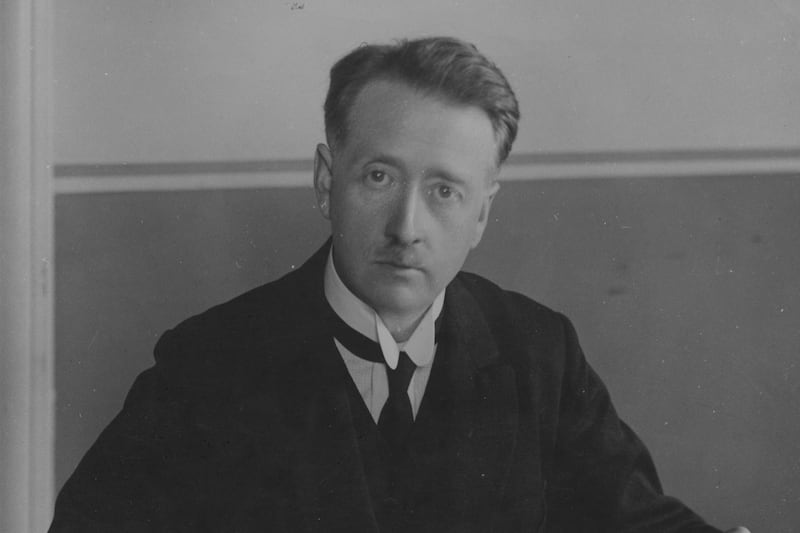December 12 1923
REPLYING to a member of the Labour Party at yesterday’s sitting of the Dáil Eireann, General Mulcahy [Richard, Minister for Defence] repeated his statement made more than a week ago that “prisoners were being released as fast as considerations for public safety permit”.
In fact the prisoners in the Free State – men arrested “on suspicion” and a great majority captured and interned as active insurrectionists who bore arms against the State – are being set free by the hundred daily. Very few will find themselves in a jail on Christmas Eve. At the same time a new “Safety Bill”, described as “dealing with the arrest and detention of prisoners”, has been introduced. This measure will renew some of the powers invested in the Government under the Act passed last February; it is believed that prisoners against whom specific charges of a grave nature can be alleged will be tried when the new Bill becomes law.
Will the Northern Government keep their 600 victims in the Argenta and in the jails and “camps” over the Christmas of 1923?
Read more:
Partition at 100: Draconian powers aimed at nationalists
In no single case has a direct accusation been made against the small army of Nationalists who, for the most part, have been held nearly two years in the “convict hulk” and the prisons of Larne and Derry. Each of them has challenged his jailers to place him on trial on any charges that can be formulated; Sir James Craig and Sir Dawson Bates dare not place one of their victims on trial before a judge and jury – even before a tribunal prejudiced in the political sense. If the possibility of securing a conviction against any “Internee” existed, he would have been formally charged, tried and sentenced, he would have been made a “criminal”, and not ranked as an “Internee”. The detention of innocent civilians in such circumstances is a tyranny as grotesque and infamous as that practised by the old French monarchs and Ministers who issued lettres de cachet and condemned real or supposed enemies to life-long imprisonment without reference to legal right or human justice.
Of course the Northern Government have a motive – or many motives – for their action. They would, if they were wise, find a hundred good reasons for imitating the example set by the Government who are setting their political opponents at liberty in the Twenty-Six Counties. If Sir J Craig and his colleagues hold those prisoners in the ship and the jails over Christmas, it will be taken for granted that the uncharged and untried men are to be deprived of their freedom until death or the downfall of the Northern Government releases them.
While most republicans were released from prisons and internment camps in the Free State by the end of 1923, northern internees languished without charge on the Argenta ship and other prisons, including newly re-elected MP to Westminster Cahir Healy, with no release date in sight.








